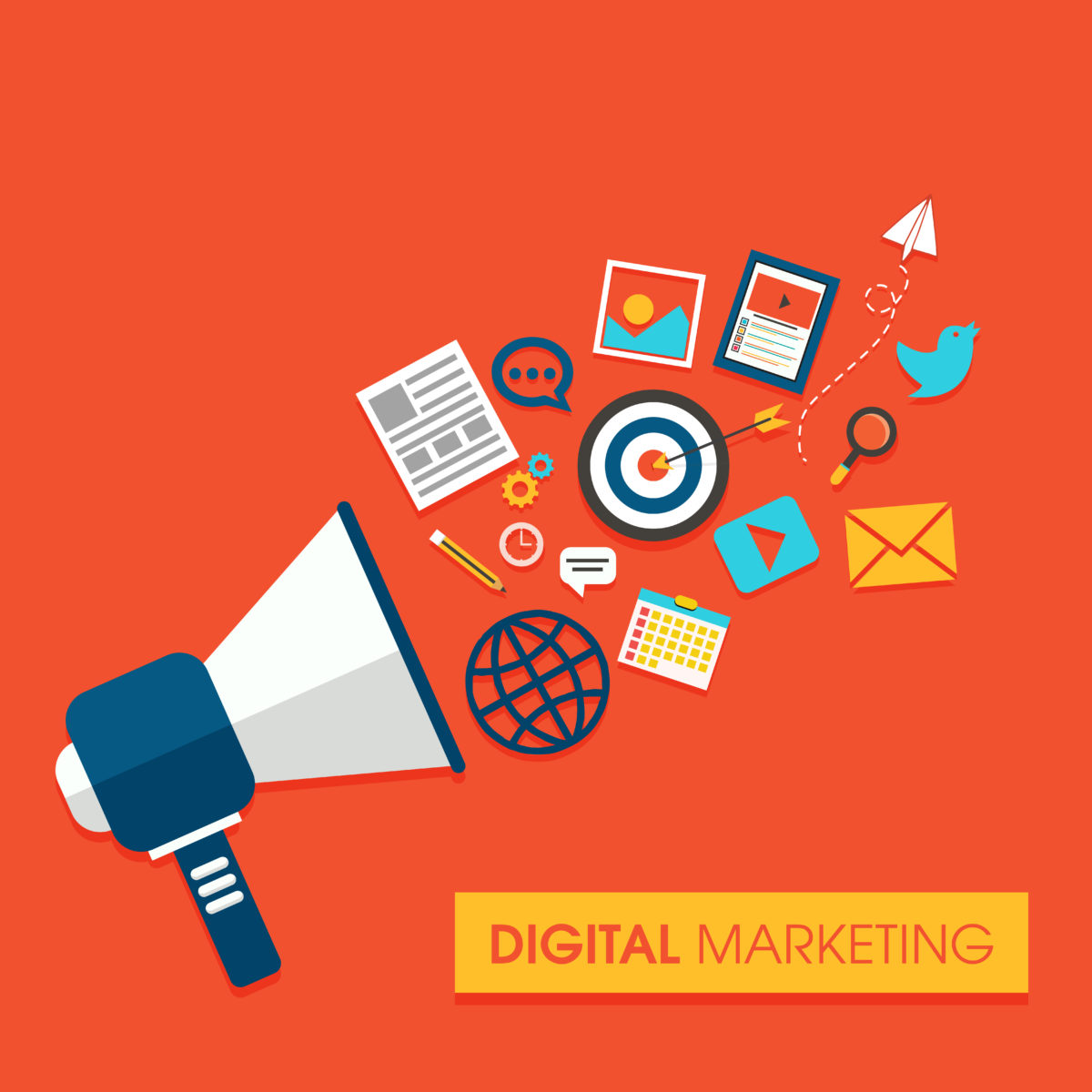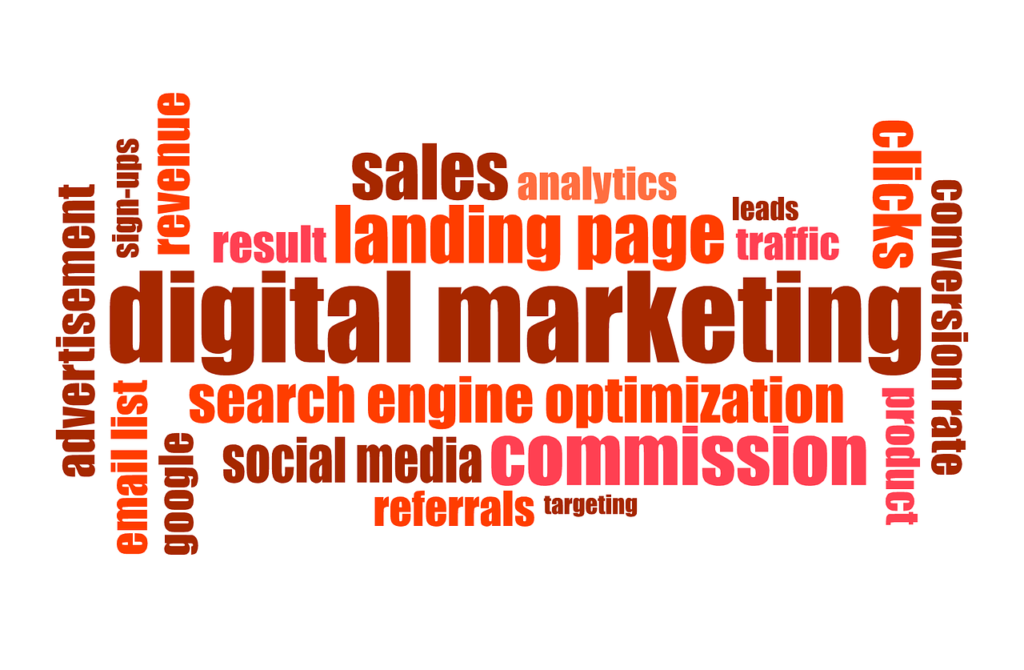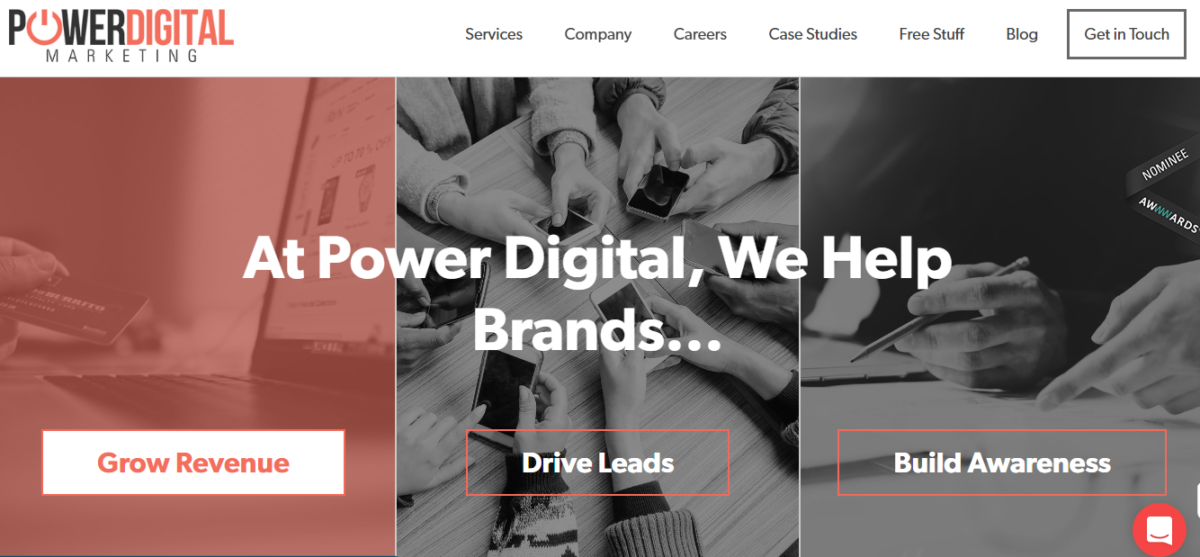Artificial Intelligence (AI) is transforming industries around the world, and digital service marketing is no exception. From automating routine tasks to delivering personalized customer experiences, AI is becoming a powerful force in shaping the future of marketing. Businesses are leveraging AI technologies to gain a competitive edge, streamline their operations, and engage with customers in more effective ways. Whether you’re a startup or an established enterprise, understanding the potential of AI in digital service marketing can help you stay ahead in a rapidly evolving landscape.
This article will explore the exciting possibilities AI brings to digital marketing and how it is shaping the strategies of a digital marketing agency in Sydney or even a web development company in Sydney. We will also discuss how AI is expected to advance in the future and how businesses can capitalize on its transformative power.
1. AI-Powered Customer Segmentation and Personalization
One of the most impactful applications of AI in digital service marketing is its ability to analyze large volumes of data and provide deep insights into customer behavior. Traditionally, marketers had to rely on broad demographic data, but AI allows for more precise customer segmentation by analyzing browsing behavior, purchase history, social media activity, and other relevant factors.
Through AI, businesses can create highly personalized marketing strategies that speak directly to individual customers. This level of customization leads to better engagement, higher conversion rates, and improved customer retention. For a digital marketing agency in Sydney, AI tools can be used to design campaigns tailored to the unique preferences of different audience segments, allowing businesses to provide content and offers that truly resonate with each individual customer.
The Future of AI in Personalization:
- Predictive analytics: AI will be able to predict customer needs even before they arise, enabling marketers to offer products or services at the exact moment customers need them.
- Dynamic content: As AI advances, content can be personalized in real-time based on a user’s interaction with a website or app, offering a more immersive and relevant experience.
2. Chatbots and AI-Powered Customer Support
AI chatbots have revolutionized customer support in digital marketing by providing instant responses and handling multiple customer queries simultaneously. With natural language processing (NLP) and machine learning algorithms, AI-powered chatbots can understand and respond to customer inquiries with accuracy, improving response times and enhancing customer satisfaction.
For example, a web development company in Sydney can use chatbots on its website to assist visitors in finding information about services, answering frequently asked questions, or even scheduling consultations. Chatbots allow businesses to maintain continuous customer service without the need for a human representative, providing round-the-clock support.
The Future of AI in Customer Support:
- Conversational AI: AI-powered chatbots will become more sophisticated, being able to hold complex, human-like conversations with customers.
- Multilingual support: AI advancements will allow chatbots to seamlessly interact with customers in various languages, breaking down barriers in global digital service marketing.
3. AI-Driven Content Creation and Optimization
Content is the backbone of any digital marketing strategy. However, producing high-quality content consistently can be time-consuming and resource-intensive. AI is changing that by automating content creation and optimization. AI-powered tools can generate blog posts, social media updates, and even video scripts in a matter of seconds based on predefined topics or data inputs.
AI is not only generating content but also optimizing it for search engines. AI tools can analyze the performance of existing content and make recommendations on how to improve its SEO ranking, ensuring that your website is more visible in search engine results. This is particularly useful for businesses like a digital marketing agency in Sydney, which needs to deliver high-quality content quickly and at scale.
The Future of AI in Content Marketing:
- AI content generation: As AI continues to evolve, we can expect it to create more sophisticated and human-like content that resonates better with audiences.
- Content strategy planning: AI tools will become more adept at planning content calendars, analyzing trends, and identifying content gaps to keep businesses ahead of the competition.
4. Programmatic Advertising and AI-Powered Ad Campaigns
Programmatic advertising uses AI to automate the buying and placement of ads in real-time. AI analyzes vast amounts of data to make informed decisions about which ads to show to specific audiences, ensuring that ads are delivered to the right people at the right time. This level of targeting increases the likelihood of conversion and improves the overall efficiency of digital marketing campaigns.
For businesses like a web development company in Sydney, AI-powered programmatic advertising can maximize their advertising budget by optimizing ad placements and bids. AI ensures that ad spend is used efficiently, avoiding overspending on ineffective placements while delivering better results.
The Future of AI in Advertising:
- Hyper-personalization: AI will refine targeting even further, creating hyper-personalized ads that are tailored to individual preferences in real-time.
- AI-generated creatives: AI will play a bigger role in generating not only ad placements but also the creative elements of ads, ensuring that visuals and copy are more compelling and relevant.
5. Voice Search Optimization
With the growing popularity of virtual assistants like Siri, Google Assistant, and Alexa, voice search has become an important aspect of digital marketing. AI plays a key role in enabling voice search by processing natural language and understanding user intent. This means that businesses need to optimize their digital content for voice search to remain competitive.
A digital marketing agency in Sydney should focus on optimizing websites and content for voice search by using natural language keywords and answering common user queries. Voice search users tend to ask longer, more conversational questions, which AI tools can help businesses target more effectively.
The Future of AI in Voice Search:
- Increased voice interactions: As AI becomes more advanced, voice assistants will be able to handle more complex interactions, making voice search even more common in digital service marketing.
- Multimodal search: AI may enable seamless integration between voice, text, and visual search, offering a more comprehensive search experience.
6. Predictive Analytics for Customer Insights
AI’s ability to analyze data doesn’t just stop at segmentation and personalization. It can also be used for predictive analytics, allowing businesses to anticipate future customer behavior based on past data. This provides valuable insights into customer preferences, purchase patterns, and potential trends.
For a web development company in Sydney, predictive analytics can help forecast demand for certain services or features, enabling the company to adjust its marketing strategy accordingly. Predictive analytics can also help businesses identify potential high-value customers and target them with tailored marketing efforts.
The Future of AI in Predictive Analytics:
- Deeper customer insights: As AI algorithms become more sophisticated, businesses will gain an even deeper understanding of their customers, allowing for more precise marketing efforts.
- Real-time predictions: AI will be able to analyze customer data in real-time, offering businesses immediate insights into shifting customer behavior and market trends.
7. AI and Visual Recognition for Marketing
AI-powered visual recognition technology is making waves in digital marketing by allowing businesses to analyze and understand images, videos, and other visual content. This technology can be used for various marketing purposes, including identifying brand mentions in images across social media, creating dynamic visual content, or even recognizing objects and trends in user-generated content.
For example, a digital marketing agency in Sydney can use AI to scan social media platforms for images that contain their clients’ logos or products, helping them track brand visibility and engagement. AI-powered visual recognition also plays a crucial role in e-commerce by enabling image search capabilities.
The Future of AI in Visual Marketing:
- Advanced image recognition: AI will become even better at identifying complex elements in images, making visual content analysis more precise and actionable.
- AI-generated visuals: AI will increasingly be used to create dynamic and engaging visuals for marketing campaigns, saving time and resources.
8. AI for Marketing Automation
Marketing automation tools powered by AI allow businesses to automate repetitive tasks such as email marketing, social media posting, and ad management. This not only saves time but also ensures that marketing efforts are more consistent and scalable. AI-driven automation can manage marketing campaigns from start to finish, freeing up human resources for more strategic tasks.
For instance, a web development company in Sydney could use AI to automate follow-up emails to potential clients, ensuring no leads fall through the cracks. AI tools can also schedule social media posts based on optimal engagement times, improving the reach and effectiveness of marketing efforts.
The Future of AI in Marketing Automation:
- Smarter automation: AI will become more intuitive and capable of handling complex marketing tasks, such as optimizing entire customer journeys.
- Predictive automation: AI will not only automate tasks but also predict the best times to send emails, post content, or launch ad campaigns based on customer behavior.
9. AI-Powered Influencer Marketing
Influencer marketing has become a popular way for brands to reach new audiences, and AI is making this process more efficient and data-driven. AI-powered tools can identify the right influencers for a campaign by analyzing their social media activity, engagement rates, and audience demographics. AI can also track the performance of influencer campaigns in real-time, providing insights into the effectiveness of the partnership.
For a digital marketing agency in Sydney, AI can help streamline the influencer marketing process, from selecting influencers to measuring campaign success, allowing for more targeted and effective collaborations.
The Future of AI in Influencer Marketing:
- AI-driven influencer selection: AI tools will become more sophisticated in identifying micro-influencers who have the most influence over niche audiences.
- Performance-based partnerships: AI will enable real-time tracking of influencer performance, allowing businesses to adjust campaigns on the fly for maximum impact.
10. AI in Conversion Rate Optimization (CRO)
AI is also revolutionizing the field of conversion rate optimization by analyzing user behavior on websites and suggesting changes that can lead to higher conversions. AI-powered CRO tools can identify patterns that humans might miss, such as which design elements are deterring users from converting or which pages need better optimization.
A web development company in Sydney could use AI tools to continuously monitor and optimize their website for better user experiences, ultimately leading to more leads and higher sales. AI can also automate A/B testing, quickly identifying the most effective website changes.
The Future of AI in CRO:
- Real-time optimization: AI will enable real-time adjustments to websites and landing pages based on user interactions, offering a more dynamic and personalized experience.
- Predictive CRO: AI tools will predict which website changes will have the most significant impact on conversion rates, helping businesses optimize more efficiently.
Conclusion
The future of AI in digital service marketing is bright and full of opportunities. From personalized customer experiences to automated content creation and programmatic advertising, AI is set to revolutionize how businesses market their products and services. For companies like a digital marketing agency in Sydney or a web development company in Sydney, leveraging AI will be crucial in staying competitive and delivering value to clients.
As AI technologies continue to evolve, the possibilities are endless. Businesses that embrace AI today will be well-positioned to lead the digital service marketing landscape in the future, offering innovative and highly effective marketing strategies that deliver tangible results.
By integrating AI into your marketing efforts, you can enhance customer engagement, improve efficiency, and drive business growth. The future of AI in digital service marketing is here, and it’s time to get on board.








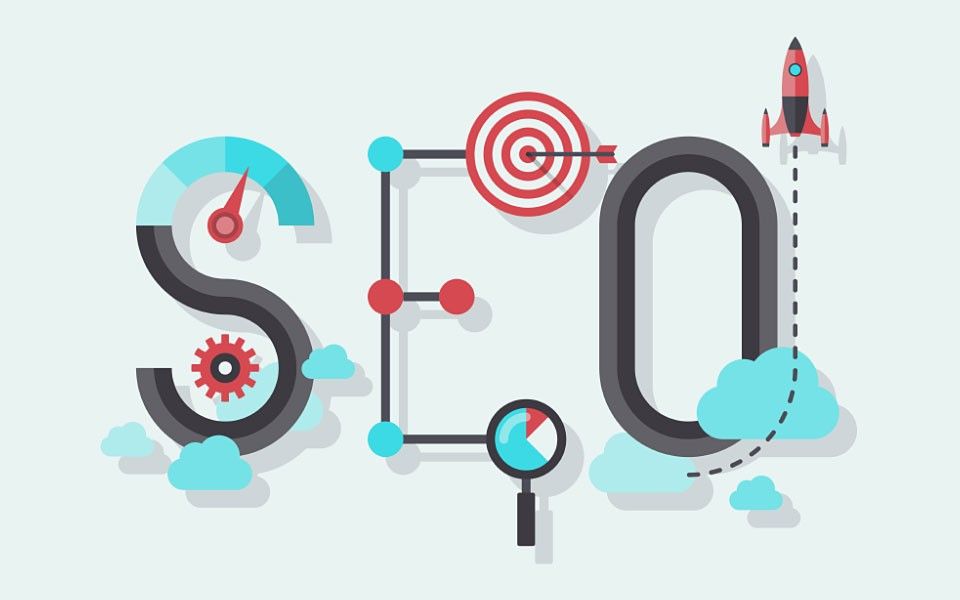
 Many companies are now focusing on the importance of search engine optimization for the promotion and marketing of their business. Business owners, however, need to weigh the pros and cons of using their in-house team to do the SEO for their website or should they hire an outsourced company for the same. Experts in the field of search engine optimization say that both in-house and outsourced search engine optimization has their advantages and disadvantages. The business owner needs to look into them before he/she makes the final choice. In order to ascertain whether in-house SEO or outsourced SEO companies will work for you, it is vital to make a list of your needs and expectations when it comes to the choice of using in-house SEO or outsourcing an SEO company for the task. As a business owner, you should examine both of these models in detail before making the final choice.
Many companies are now focusing on the importance of search engine optimization for the promotion and marketing of their business. Business owners, however, need to weigh the pros and cons of using their in-house team to do the SEO for their website or should they hire an outsourced company for the same. Experts in the field of search engine optimization say that both in-house and outsourced search engine optimization has their advantages and disadvantages. The business owner needs to look into them before he/she makes the final choice. In order to ascertain whether in-house SEO or outsourced SEO companies will work for you, it is vital to make a list of your needs and expectations when it comes to the choice of using in-house SEO or outsourcing an SEO company for the task. As a business owner, you should examine both of these models in detail before making the final choice.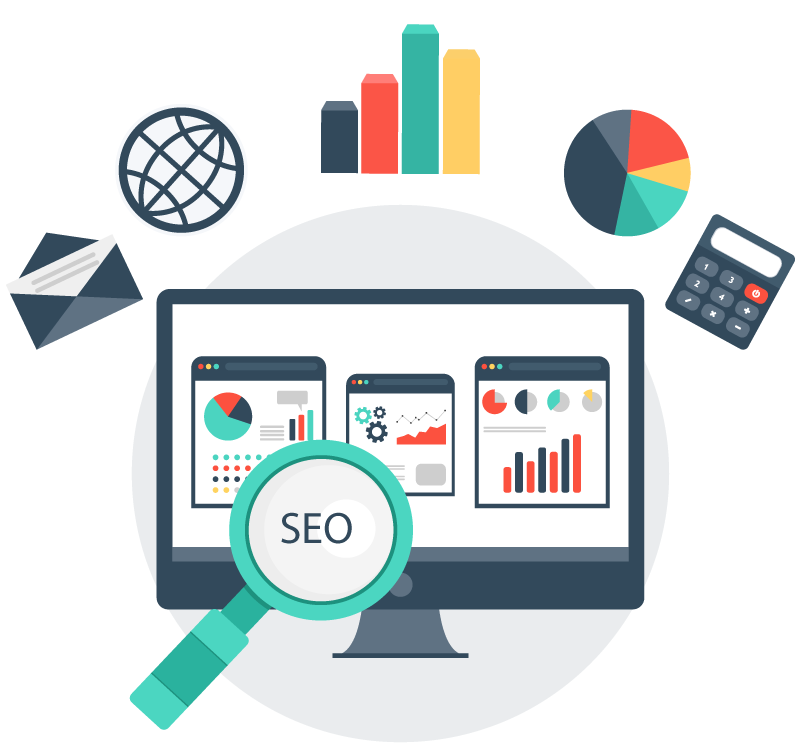 The following are the advantages of outsourced SEO agencies: 1. Outsourced SEO agencies have a team of skilled, qualified and experienced SEO experts in the field and so you have specialists working on your website. They will always be aware of the latest SEO trends and tools that are in demand in the current market. They invest money in attending seminars, workshops and training programs on a regular basis so they can offer top-quality services to clients. They create winning strategies as they are familiar and experienced with the current SEO trends. 2. These
The following are the advantages of outsourced SEO agencies: 1. Outsourced SEO agencies have a team of skilled, qualified and experienced SEO experts in the field and so you have specialists working on your website. They will always be aware of the latest SEO trends and tools that are in demand in the current market. They invest money in attending seminars, workshops and training programs on a regular basis so they can offer top-quality services to clients. They create winning strategies as they are familiar and experienced with the current SEO trends. 2. These 